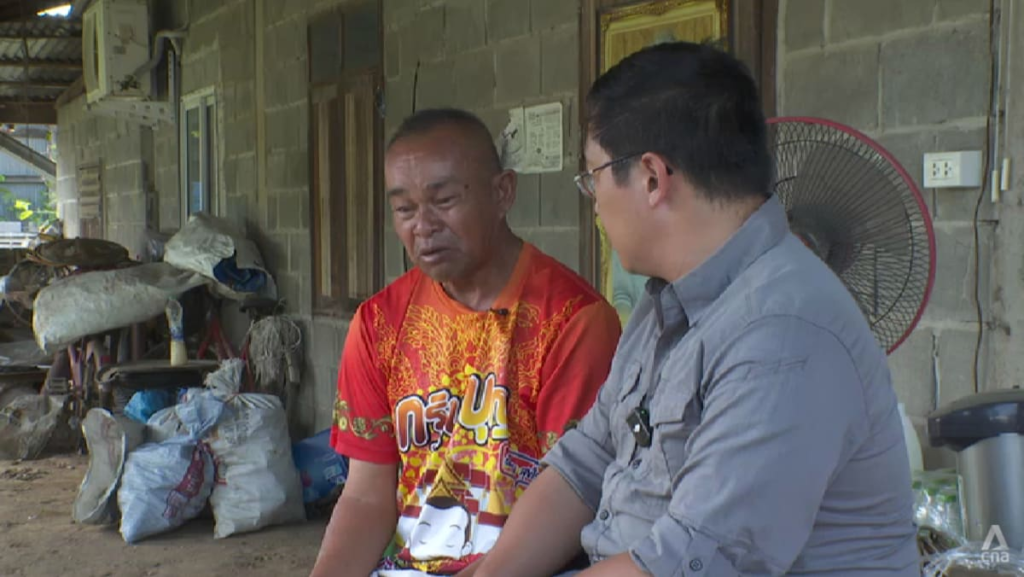In a recent press briefing, the Thai Foreign Ministry reiterated its commitment to bring home the remaining Thai hostages in Gaza, stating that they were in touch with key players in the region to advocate for their release. Wilas, the father of one of the hostages, shared his experience with the lack of updates and costly legal processes he had to go through in trying to bring his son home. Despite the challenges, his greatest wish is for his son to return alive so that he can be ordained as a Buddhist monk in honor of his deceased mother.
Thais believe that a religious ceremony, such as ordination, can cleanse the soul from evil after a traumatic experience. Wilas expressed his deepest desire for his son to come back safely so that he can host the ordination ceremony as a way to honor his late wife. He highlighted the importance of this event in his life and the significance it holds for his family. The emotional aspect of wanting his son to return home safe and partake in this ceremony adds a personal dimension to the advocacy for the release of hostages.
The process of advocating for the release of hostages involves continuous efforts by the Thai government to negotiate with relevant authorities and push for a return to negotiations and an immediate ceasefire. The Foreign Ministry spokesperson emphasized the need for all hostages, including Thai nationals, to be released from captivity. This ongoing advocacy highlights the importance of diplomatic efforts and negotiations in addressing such complex hostage situations. The commitment to bringing home the remaining hostages echoes the deep concern and efforts made by the Thai government in this regard.
Amidst the challenges faced by families of hostages, such as costly legal processes and lack of updates, there is a strong sense of hope and determination to see their loved ones return home safely. Wilas’ story reflects the emotional toll and financial burden families endure while advocating for the release of hostages. His heartfelt wish for his son’s safe return and the planned ordination ceremony demonstrate the personal sacrifices and deep-rooted beliefs that drive families to continue advocating for the release of their captive loved ones.
The advocacy for the release of hostages extends beyond individual families to encompass broader diplomatic efforts and negotiations by the Thai government. The push for a return to negotiations and an immediate ceasefire reflects the larger diplomatic strategy employed to address hostage situations. This collective effort, involving key players in the region, underscores the importance of collaboration and coordination in advocating for the release of hostages. The shared goal of bringing home all hostages, including Thai nationals, unites various stakeholders in the pursuit of a peaceful resolution to these complex situations.
Overall, the advocacy for the release of hostages involves a multifaceted approach that combines diplomatic efforts, emotional appeals from families, and cultural practices aimed at honoring and welcoming back loved ones. The deep-rooted beliefs and personal sacrifices made by families, such as Wilas, underscore the resilience and determination in the face of adversity. The ongoing commitment of the Thai government to advocate for the release of hostages reflects a coordinated and diplomatic strategy aimed at ensuring the safe return of all hostages. Collaborative efforts, both at the individual and governmental levels, play a crucial role in addressing hostage situations and working towards a peaceful resolution.











